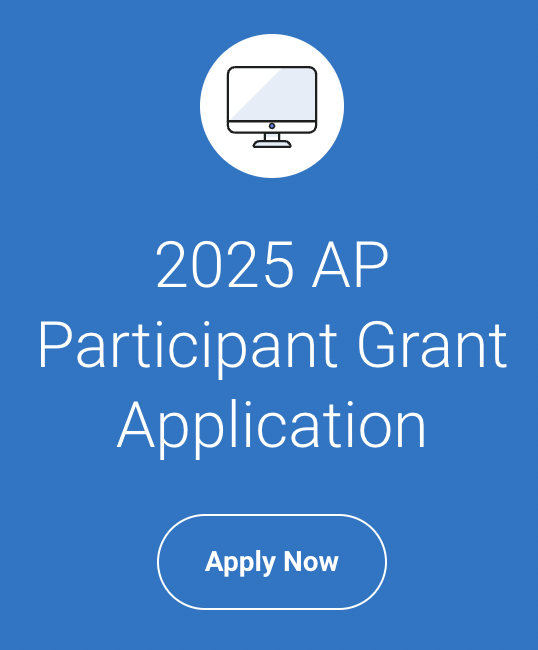Course Description:
This course provides an intensive exploration of pedagogical approaches and instructional approaches critical for the teaching of composition and rhetoric, with emphasis on their application in an AP English Language and Composition course. Core topics include argumentation, close reading and critical analysis of non-fiction texts, and rhetorical grammar. Curriculum design will be a focus: scope and sequence, teaching for understanding and transfer, skill scaffolding. Concepts of assessment, including formative assessments and feedback as well rubric development and application will be integrated. The course will also provide participants opportunity to understand Course and Exam Description (CED), AP Classroom (personal progress checks, dashboard, and test bank), scoring rubrics, diversity/equity/inclusion, and instructional strategies.
Course Objectives:
- Develop a learning progression (scope and sequence) for reading and writing skills
- Design instructional activities that apply understanding of rhetorical grammar
- Apply a rubric to assess student work, analyze learning gaps, and develop a learning plan, including student feedback and a instructional plan
- Read and analyze non-fiction texts
- Share best practices and collaborate on the development of lessons, units, and instructional plans
- Identify and align non-fiction texts with skill instruction
- Addressing the needs and interests of diverse learners
- Develop an implementation plan for College Board resources, including AP Classroom
Course Content/Outline:
Part I – Skills and Expectations for AP English Language and Composition Course and Exam
Part II – Rhetorical Analysis of Non-fiction Texts, Especially Rhetorical Situation
Part III – Teaching Writing and Argumentation, Especially Claims and Evidence and Reasoning and Organization
Part IV – Teaching Synthesis
Part V – Teaching Rhetorical Grammar and Style
Part VI– Developing a skills-based Scope and Sequence
Part VII – Using College Board Resources to Improve Instruction (AP Classroom, Access and Opportunity Toolkit, Instructional Planning Report)
Course Expectations and Requirements:
The value of this professional learning experience is related to:
Engagement:
- Are you present both physical and mentally?
- What new understandings are you coming to?
- Are existing understandings being refined?
- What meaningful contributions are you making?
Collaboration:
- What are you learning from the experiences of others?
- Are you making connections and building networks?
- What skills, talents, insights can you offer to achieve a better group outcome?
Reflection:
- What successes and challenges have you had?
- Where are potential misunderstandings?
- How can this process or skill be deconstructed?
- How are things related?
Design and Innovation
- What are your goals?
- What strategies can help you achieve your goals?
- How can you be more intentional about your work?
- How can you engage and motivate others?
- Why are some designs and structures better than others?
Grading Criteria (for those seeking Graduate Credit):
Daily Homework (4) 40%
Year-long plan 40%
Participation, Collaboration, Reflection 20%


